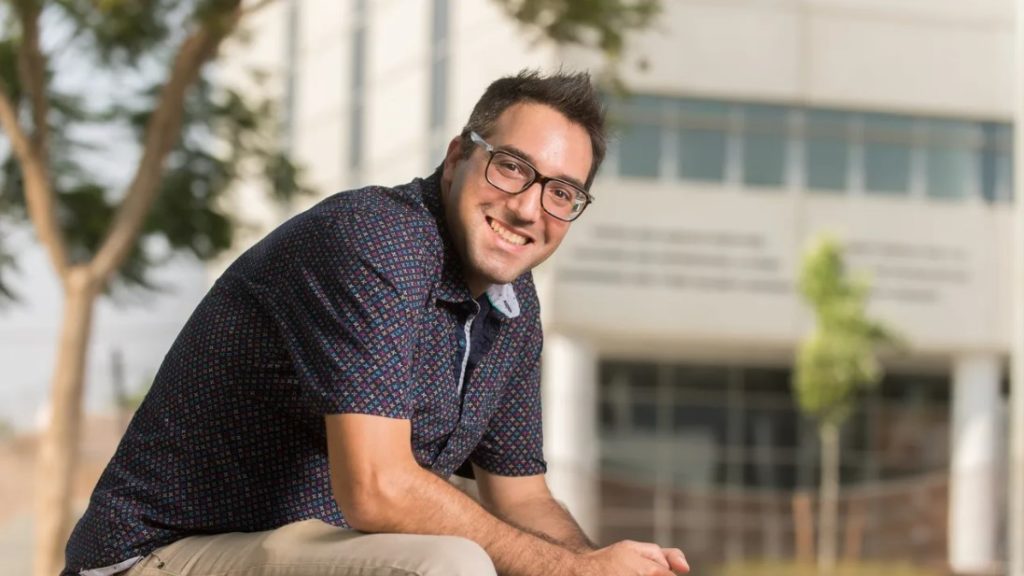
Beware of the Cyber Spy Hiding in Your Fridge
Beware of the Cyber Spy Hiding in Your Fridge
August 11, 2015
Jewish News — “Increasingly, everything’s connected and our lives depend on that connectivity,” says Prof. Dan Blumberg, director of BGU’s Homeland Security Institute and vice president and dean for research and development, whose job it is to know these things, and to plan for the threats.
“Your fridge, watch, TV, washing machine, air-conditioner, car – they’ll all be connected, to the Internet and to each other.”
He needn’t crystal-gaze too much. Chrysler recently recalled 1.4 million cars after security researchers demonstrated how they could commandeer a Jeep Cherokee remotely, engaging the brakes and cutting the transmission.
“This is the kind of software bug most likely to kill someone,” they say.
Cyber security researchers at Ben-Gurion University have found similar weaknesses elsewhere.
“Doctors walk around hospitals with mobile devices transmitting your medical records over wi-fi,” Prof. Blumberg says, with slightly raised eyebrows.
“More and more elements of our lives depend on devices telling us what we should be doing at any given moment. We make the decisions, but we use lots of utilities as we go along, and it’s all open to abuse, some financial, some terror-related.”
Prof. Blumberg is a senior figure at the heart of Israel’s cyber security infrastructure, as is his colleague, Prof. Yuval Elovici, director of BGU’s Cyber Security Research Center.
There are vulnerabilities everywhere, Prof. Elovici says. “Any mobile phone today can be attacked and compromised. There are many, many ways to do it.”
A quick look at what BGU cyber security experts are developing confirms it. This includes ways to prevent the theft of your data from your phone via Bluetooth (yes, the person sitting next to you on the bus could be sucking up your e-mails while you scroll the news!). It also includes BGU’s Air-Hopper.
“We turned a standard video card into an FM transmitter,” Prof. Blumberg says. “So, using just a phone, you can transfer data from a standalone computer in one room to a cellphone in another.”
The technologies being developed at BGU can be applied beyond cyber security, with students and professors taking data from satellites to survey natural disasters and environmental changes using remote sensing, with microwave and thermal imaging, to help spot future disasters. But it is in cyber security that attention is greatest.
Read more on Britain’s Jewish News website >>
View a video of Prof. Dan Blumberg speaking about homeland security in the digital age >>





